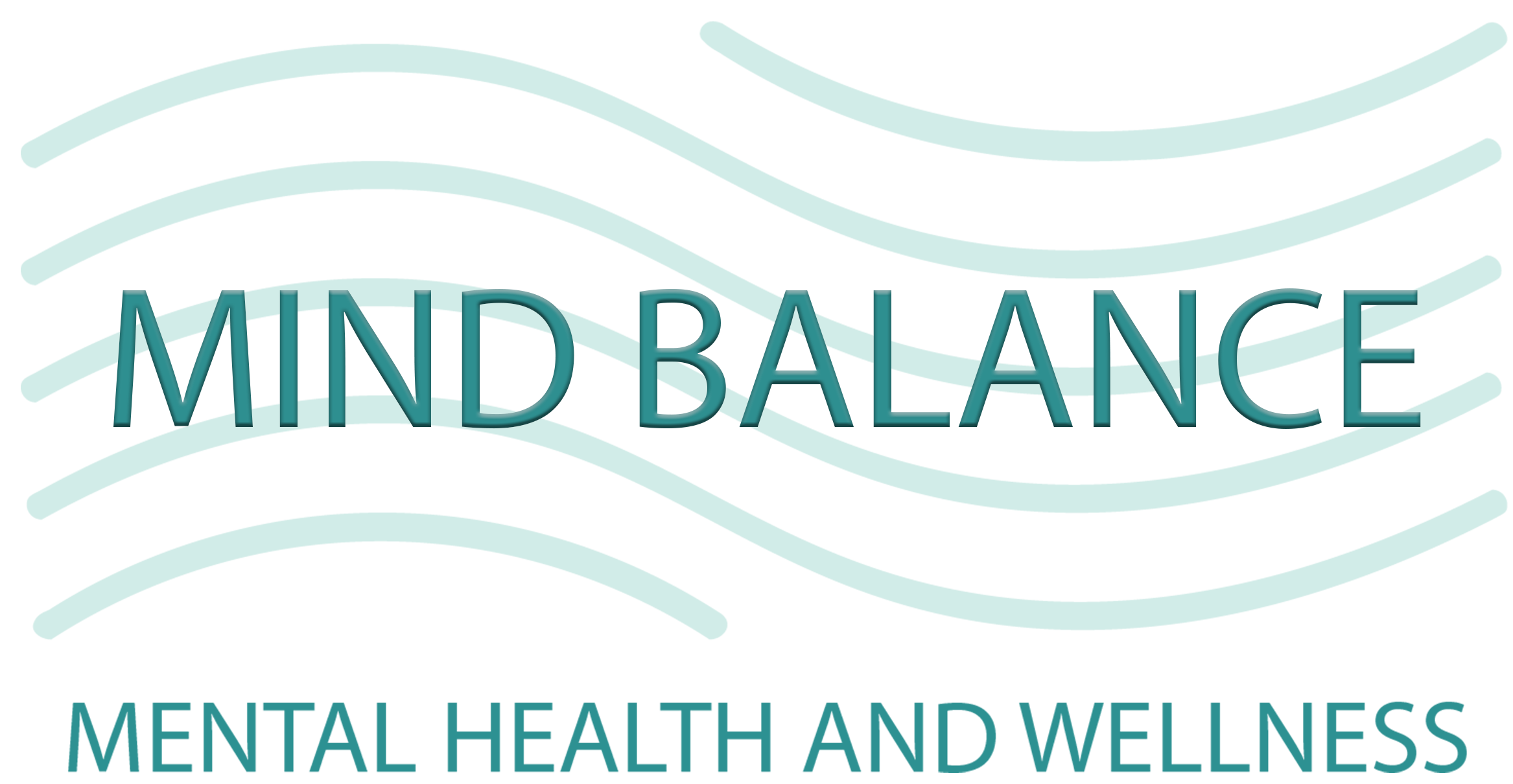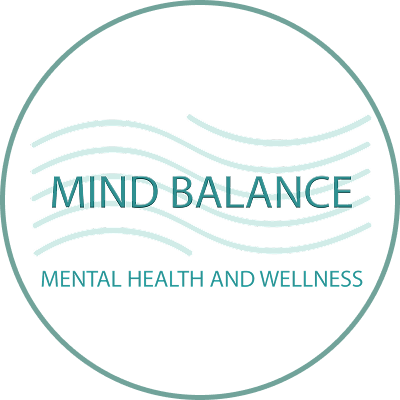Understanding Oppositional Defiant Disorder (ODD)
Defining ODD in Teens
Oppositional Defiant Disorder (ODD) is characterized by a persistent pattern of hostile, defiant, and disobedient behavior towards authority figures in teenagers. This disorder often manifests through arguments, refusal to comply with rules, deliberate provocation, and intense anger (Bright Path Behavioral Health). ODD ranks as a common mental health disorder among youth, with a prevalence of up to 16% among school-age children. Symptoms typically emerge in early childhood and can significantly affect daily functioning.
The emotional and behavioral symptoms of ODD include:
| Symptoms | Duration |
|---|---|
| Angry and irritable mood | At least six months |
| Argumentative and defiant behavior | At least six months |
| Hurtful and revengeful behavior | At least six months |
Understanding these defining characteristics is crucial for early intervention and effective treatment.
Factors Contributing to ODD
Several factors contribute to the development of ODD in teenagers. These include:
-
Genetic and Neurobiological Factors: A family history of mental health disorders may predispose teens to develop ODD. Neurobiological conditions can also play a role in an individual’s susceptibility to ODD.
-
Environmental Factors: Harsh parenting practices, trauma exposure, and unstable home environments can significantly influence behavior. Such factors can create an atmosphere where oppositional behaviors flourish.
-
Temperamental Traits: Teens exhibiting impulsivity and emotional reactivity are at higher risk of developing ODD.
-
Co-occurring Mental Health Conditions: Teens with ODD often face additional challenges, as many also experience conditions such as Attention-Deficit/Hyperactivity Disorder (ADHD), anxiety, or depression (Mayo Clinic). Addressing these co-occurring issues can be crucial for effective treatment.
We must recognize these contributing factors to provide comprehensive support and tailored interventions for those experiencing ODD. For more insights on associated mental health conditions, please visit our articles on what makes ADHD different in adults vs. children and understanding the signs of high-functioning anxiety.
Recognizing Signs of ODD in Teens
Understanding what oppositional defiant disorder looks like in teens is essential for parents, educators, and caregivers. We can identify this condition through key behavioral patterns and by observing its impact on daily functioning.
Behavioral Patterns of ODD
Signs and symptoms of Oppositional Defiant Disorder (ODD) in teens manifest as consistent negative, defiant, and disruptive behaviors that exceed the typical behavioral range for their age group. These behaviors include:
- Frequent temper outbursts
- Aggressive or hostile behavior towards authority figures
- Argumentative and defiant conduct
- Deliberately annoying others
- Blaming others for their own mistakes
These symptoms generally last for at least six months and can significantly strain relationships, affect social interactions, and disrupt academic performance (Bright Path Behavioral Health).
| Behavior Type | Examples |
|---|---|
| Angry/Irritable Mood | Frequent temper tantrums |
| Argumentative Defiance | Regular disputes with adults |
| Hurtful/Revengeful Actions | Intentionally trying to annoy peers |
Impact on Daily Functioning
Teens suffering from ODD may experience significant challenges in multiple areas of life due to their symptoms. The disruptive behavior often affects:
- Home Environment: Constant conflict with family members, leading to a tense and stressful atmosphere.
- Academic Life: Difficulty following school rules, resulting in frequent disciplinary action and poor academic performance.
- Social Interactions: Trouble maintaining friendships due to aggressive behavior or a tendency to manipulate peers.
In many cases, these teens present co-occurring mental health conditions, such as anxiety disorders or learning disabilities, which can further complicate their daily functioning. A comprehensive evaluation is vital to address both ODD and any existing coexisting disorders effectively.
Identifying and acknowledging these behavioral patterns and their impacts can help us determine the need for preventive measures and professional support. For more insights into various mental health conditions, consider exploring our articles on understanding the complex symptoms of OCD and identifying PTSD in adults after childhood trauma.
Treatment Options for Oppositional Defiant Disorder
Addressing Oppositional Defiant Disorder (ODD) in teens requires a comprehensive treatment approach. At Mind Balance Health and Wellness, we understand the uniqueness of each case and offer tailored options that include parent training and support, various therapy approaches, and, when necessary, medication.
Parent Training and Support
Parents play a crucial role in managing ODD behaviors. We emphasize the importance of parent training, which equips caregivers with effective strategies to address their child’s oppositional behavior. Techniques often include:
- Setting Clear and Consistent Limits: Establishing boundaries helps teens understand expectations.
- Positive Reinforcement: Encouraging desirable behaviors through rewards promotes compliance and boosts self-esteem.
- Non-Punitive Discipline: Fostering a supportive environment reduces resistance and helps maintain open communication.
Support for parents is essential, as they may require assistance from mental health professionals to create a tailored treatment plan for their child. Addressing not only ODD but any co-occurring disorders is vital in promoting overall well-being (Bright Path Behavioral Health).
Therapy Approaches for ODD
Therapeutic interventions are central to the treatment of ODD. We utilize a variety of approaches, such as:
- Cognitive-Behavioral Therapy (CBT): This behavior-based therapy focuses on identifying negative thought patterns and developing problem-solving skills that contribute to oppositional behavior.
- Individual and Family Therapy: Working both one-on-one and in family sessions helps address the dynamics that may contribute to ODD.
- Social Skills Training: Enhancing communication and social interaction skills supports positive behavior changes.
A multidisciplinary approach ensures that caregivers feel empowered and teens learn effective coping mechanisms. We cater to the specific needs of each teen in our care, employing methods that have shown success in treating ODD (Embark Behavioral Health).
Role of Medication
In certain cases, medication may be utilized—particularly when co-occurring conditions such as ADHD, anxiety, or depression are present. It’s essential to conduct a comprehensive evaluation to determine the appropriate treatment plan for each individual. Medications may help manage symptoms and improve the effectiveness of therapy for those struggling with additional mental health challenges.
When considering medication, our team emphasizes the importance of ongoing monitoring and adjustment, ensuring the best outcomes for each teen’s mental health (Embark Behavioral Health).
By integrating parent training, targeted therapy approaches, and, when necessary, medication, we create a supportive environment for teens with ODD, fostering healthier relationships and positive development.
Effective Parenting Strategies for ODD
Managing Oppositional Defiant Disorder (ODD) in teens requires effective parenting strategies that foster a healthy environment. We recognize that these strategies can lead to improved behavior and strengthen relationships between parents and their children.
Setting Clear Boundaries
Setting clear and consistent limits helps teens understand expectations and consequences associated with their actions. We can establish these boundaries by communicating openly about rules and the rationale behind them. It’s important to be specific and enforce limits consistently.
| Boundary Setting Tips | Description |
|---|---|
| Consistency | Maintain the same rules and consequences over time to provide a stable environment. |
| Clarity | Clearly explain the expectations to eliminate confusion. |
| Flexibility | While consistency is key, being somewhat flexible in certain situations allows for understanding and adaptation. |
Establishing clear guidelines can promote accountability and reduce oppositional behavior. For more information on behavioral patterns related to ODD, visit our section on recognizing what oppositional defiant disorder looks like in teens.
Positive Reinforcement Techniques
Positive reinforcement is a powerful tool for encouraging desirable behavior in teens with ODD. This approach involves recognizing and rewarding positive behaviors rather than solely focusing on undesirable actions. We can express praise or use rewards when a teen complies with rules or shows improvement.
Implementing positive reinforcement techniques can include:
- Verbal Praise: Acknowledge their efforts with phrases like “Great job following the rules today!”
- Incentives: Consider rewards such as extra screen time, privileges, or small treats for consistent positive behavior.
- Quality Time: Spend time with them engaging in activities they enjoy as a form of reward.
| Positive Reinforcement Techniques | Description |
|---|---|
| Praise and Acknowledgment | Recognize good behavior immediately to reinforce positivity. |
| Incentives | Create a reward system based on achieving specific behavioral goals. |
| Engaging Activities | Plan enjoyable activities that highlight their positive changes. |
By focusing on positive behaviors, we can boost their self-esteem and encourage more of the behaviors we want to see. Early intervention and positive parenting techniques play a significant role in improving outcomes for teens with ODD, as noted by Mayo Clinic.
These strategies are part of a comprehensive approach to managing ODD and can significantly improve the dynamics within the family, allowing for better communication and cooperation. For a deeper understanding of managing behavioral issues, explore additional resources on identifying PTSD in adults after childhood trauma and understanding the complex symptoms of OCD.
Managing Co-Occurring Conditions
Addressing Additional Mental Health Disorders
When we consider what oppositional defiant disorder looks like in teens, it’s essential to recognize that many young individuals diagnosed with ODD may also experience other mental health conditions, such as Attention Deficit Hyperactivity Disorder (ADHD), anxiety disorders, or depression. Research indicates that addressing these co-occurring conditions is vital for effective treatment and management of ODD symptoms (Mayo Clinic).
If left undiagnosed, these additional disorders can exacerbate the difficulties associated with ODD, making it more challenging for teens to engage in therapy and respond positively to treatment. Understanding and identifying these complexities requires careful evaluation from mental health professionals.
It can be helpful to recognize how often these co-occurring conditions appear with ODD. For reference, below is a table illustrating common mental health conditions that may coexist with ODD:
| Co-Occurring Condition | Description |
|---|---|
| ADHD | Attention deficit hyperactivity disorder can lead to impulsivity and attention issues that complicate ODD. |
| Anxiety Disorders | These can lead to heightened frustration and oppositional behavior. |
| Depression | Coexisting depression can impact a teen’s motivation and emotional regulation, worsening ODD symptoms. |
| Learning Disabilities | These may hinder academic progress and contribute to frustration and negative behaviors. |
| Mood Disorders | Conditions like bipolar disorder can affect emotional stability and contribute to oppositional behaviors. |
Importance of Comprehensive Evaluation
To properly address ODD and its associated challenges, a comprehensive evaluation is essential. This process should include a thorough assessment of behavioral patterns, emotional and psychological health, as well as any co-occurring conditions (Mayo Clinic). By ensuring that all relevant factors are examined, we can develop a tailored treatment plan that effectively targets both ODD and any underlying conditions that may be present.
Comprehensive evaluations often involve interviews with the teen, observations in various settings (such as home and school), and gathering information from parents and teachers. This holistic approach fosters a better understanding of the individual needs of the teen, allowing mental health professionals to capitalize on strengths while addressing areas of difficulty.
In our practice at Mind Balance Health and Wellness, we emphasize the importance of such evaluations. By taking into account all aspects of a teen’s mental health, we can support them through their journey towards wellness, helping them and their families navigate the complexities of ODD alongside any co-occurring conditions. For further information, visit our resources on managing bipolar disorder: medication and therapy approaches and understanding the complex symptoms of OCD.
Seek Professional Help for ODD
Managing Oppositional Defiant Disorder (ODD) in teens can be challenging, and we recognize that reaching out for professional help is essential. This support not only aids in developing tailored treatment plans but also in building strong support systems crucial for recovery.
Tailored Treatment Plans
At Mind Balance Health and Wellness, we understand that each teen is unique, and their treatment should reflect this individuality. Developing a comprehensive treatment plan involves a thorough psychiatric evaluation to identify not just ODD but also any underlying emotional issues or fears contributing to the disorder. As noted by Embark Behavioral Health, effective treatment should encompass both ODD and any co-occurring disorders, such as ADHD or anxiety, which are often present alongside ODD symptoms.
Parents may often find themselves at a loss when faced with their teen’s defiant behavior. Seeking assistance from mental health professionals can provide the structured support necessary to navigate this complex situation. Treatment options typically include parent training to help manage the child’s behavior effectively (Mayo Clinic). This training involves consistent practice, patience, and learning to apply various behavioral management techniques, aiming to foster a more positive family dynamic.
Building Strong Support Systems
Building a robust support system is key to successfully addressing ODD. At Mind Balance Health and Wellness, we advocate for integrating various resources, including family therapy, peer support groups, and ongoing communication with educators and health professionals. This multifaceted approach helps ensure that the teen feels supported both at home and in their community.
We recognize that many teens with ODD may also face other mental health challenges, such as mood disorders or learning disabilities. For this reason, comprehensive evaluations are crucial, allowing us to address and treat these additional conditions effectively. Collaborating with educators to facilitate a positive school experience and utilizing support networks can create an environment conducive to growth.
In conclusion, seeking professional assistance is vital for effectively managing ODD in teens. At Mind Balance Health and Wellness, we believe that tailored treatment plans, coupled with strong support systems, serve as the foundation for overcoming the challenges associated with ODD. If you would like to learn more about treatment options and support for mental health strategies, we encourage you to explore our additional resources, including articles on related topics like what makes adhd different in adults vs. children and understanding the complex symptoms of ocd.


